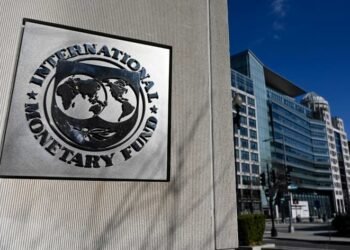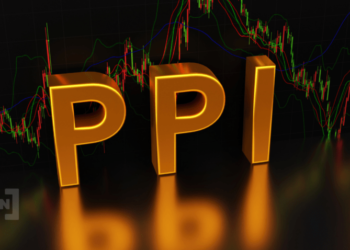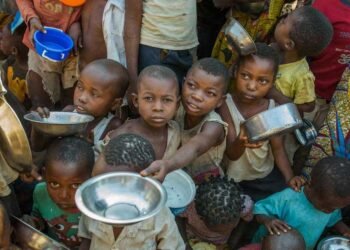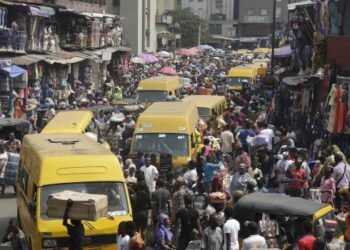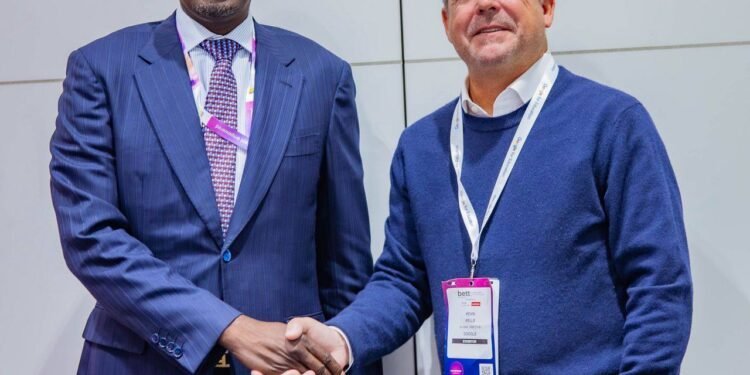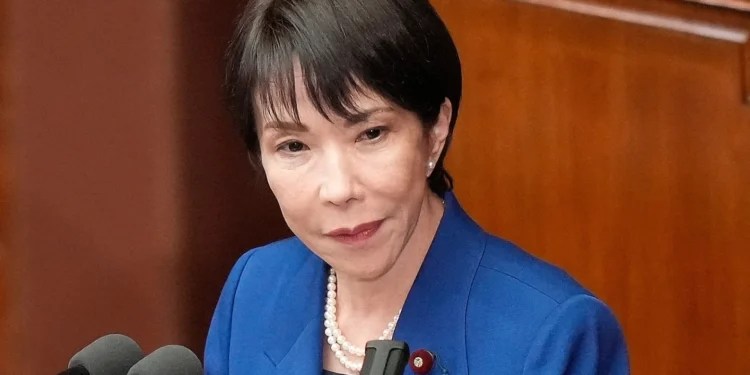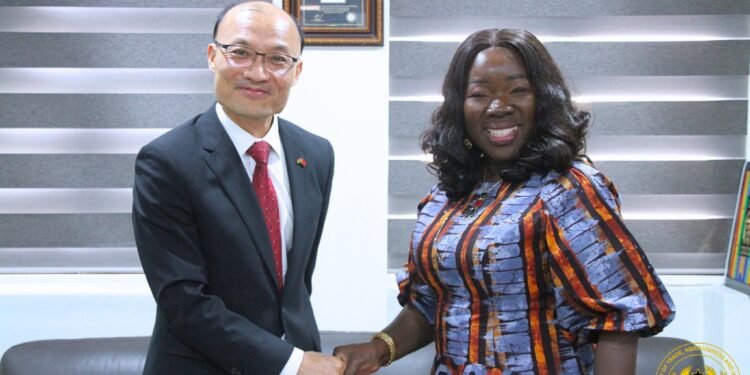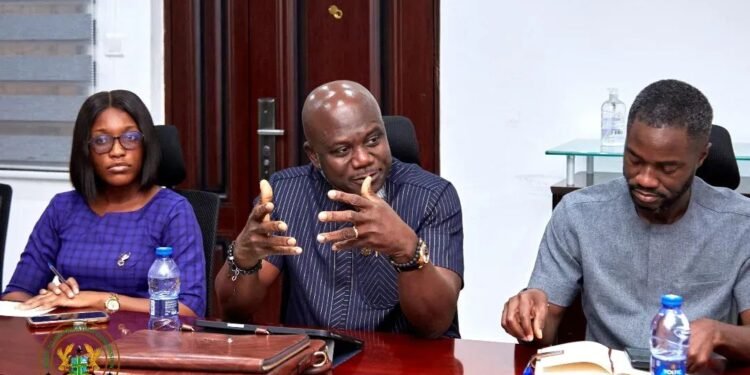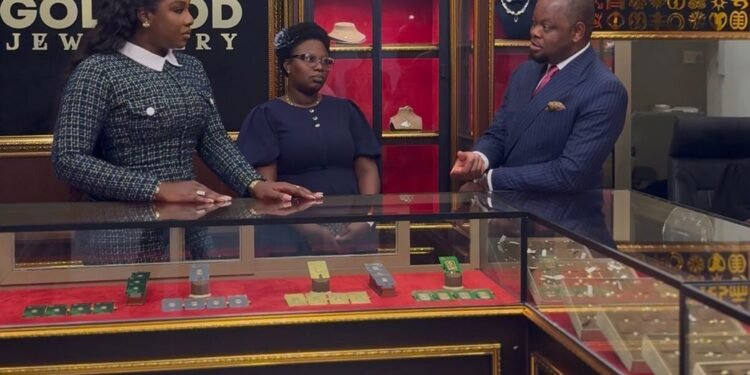There appears to be a split among Ghanaian economists on whether the government should extend the International Monetary Fund’s (IMF) extended credit facility, which was secured in 2023, to stabilize the economy.
This debate follows the Mahama government’s declaration that it will not prolong the loan arrangement beyond April 2026.
In response to this development, an economist from the CK Tedam University of Technology and Applied Sciences has entered the national discourse on Ghana’s economic prospects after the IMF program ends.
In an exclusive interview with the Vaultz News, Bismarck Osei asserted that the government has the capacity to sustain its economic progress even without an extension of the loan facility.
He maintained that the administration can preserve these gains independently, pointing to President John Dramani Mahama’s demonstration of the fiscal discipline required to uphold the achievements the economy has made.
“His excellency has shown us that he’s prepared to exercise that level of expenditure rationalization without even the IMF. So, whether Ghana goes to the IMF or not, he’s not prepared to engage in any profligate expenditure. So, fiscal consolidation with or without the IMF, this president has shown it’s very possible, and everybody knows. So whether there is an IMF program or not, he is so disciplined.”
Bismarck Osei
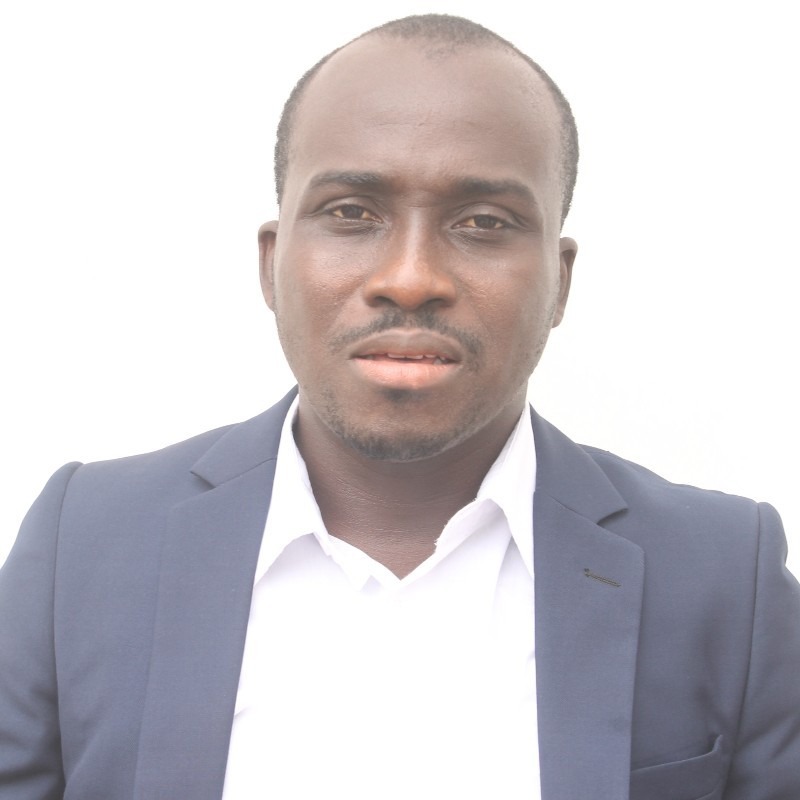
Mr. Osei further stated that the return of President John Dramani Mahama, unlike what was observed during his first term, shows a clear unwillingness to tolerate any form of fiscal mismanagement that could endanger the country’s economy.
He noted that this has been evident in the way the economy has been handled since the President assumed office nearly five months ago.
He emphasized that there is strong confidence in the government’s ability to manage the economy even more effectively after the IMF program, and therefore, Ghanaians have no cause for concern regarding the future of the country’s economic stability.
Economist Rebuts IMF-Fiscal Discipline Assumption
Meanwhile, some have suggested that the fiscal discipline currently exhibited by the government may be attributed to the conditions imposed by the International Monetary Fund as part of the $3 billion loan facility granted to Ghana.
However, offering a contrasting view, Mr. Osei argued that the previous Nana Addo-led administration was also under an IMF program, yet still engaged in excessive spending, rampant wastage, and fiscal indiscipline, which had severe economic consequences for the country.
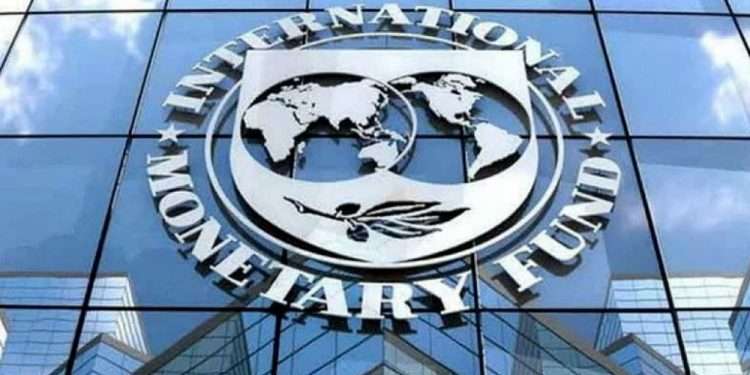
“There are instances where governments have been under the IMF, yet they were not disciplined. Don’t even go far, Nana Addo’s government, what did you see? Where was the discipline? They weren’t disciplined. We were spending GHC 9 billion every year on flagship programs, over slogan policies; 1D1F, IV1D. We were spending GHC 9 billion within eight years, we spent 72 billion on flagship programs, was it fiscal discipline?
“IMF advised the government that they should take considerable effort to restructure their expenditure. Nana Addo never did it, even under the IMF. So let’s not deceive ourselves that when you are under the IMF, you are fiscally disciplined. It is not always. Nana Addo has shown us. We saw Nana Addo take money to build a cathedral under the IMF.”
Bismarck Osei
He further described the assertion that the IMF program inherently fosters fiscal discipline as highly preposterous, citing past actions that proved otherwise.
According to him, fiscal discipline ultimately depends on how much importance a government places on the country’s economic stability.
Call for Diversified, Citizen-Driven Economy
Looking beyond the immediate IMF context, Dr. Osei laid out a comprehensive vision for Ghana’s economic future, calling for a decisive shift away from the country’s current fragile dependence on single commodities such as gold.
“The economy for the past four years has been driven by gold… It’s not the economy that is growing,” he cautioned, highlighting the risks tied to fluctuations in global commodity prices. “When gold price goes down, the economy suffers. So, we want an economy where the sectors are…” growing together.
He noted that his vision for an ideal Ghanaian economy involves: Multi-Sectoral Growth — “I want to see an economy where all the sectors are growing… Manufacturing industry… where the growth is driven by domestic business.”
He emphasized the importance of focused industrialization driven by key sectors, rather than scattered and uncoordinated projects.

“When we say the economy is growing, [it should mean] Ghanaians have jobs, good salaries, [a] kind of living [with] a price level of goods [that is] very reasonable… [and] a very stable currency.”
Bismarck Osei
Mr. Osei emphasized that economic growth must translate into real improvements in citizens’ lives and not remain abstract figures.
He underscored the need for Indigenous Economic Leadership, “Where we have indigenes dictating the direction of economic growth,” stressing the importance of local ownership and leadership in shaping Ghana’s economic direction.
Drawing attention to untapped human capital, such as unemployed healthcare and environmental health professionals, he said, “Quality services can even be exported to other countries… bringing in a lot of generous amounts of money.” He emphasized the value of exporting Ghanaian expertise to generate foreign exchange.
Referring to the current government’s push for agricultural development, he noted that with the onset of the rainy season, farmers are already preparing their lands.
According to him, the government will soon face the real challenge of proving whether it can diversify the country’s income sources, given agriculture’s vast potential and its crucial role in Ghana’s economic structure.
READ ALSO: Artist Urges Change in Celebrating Ghana’s Music Industry Mediocrity




